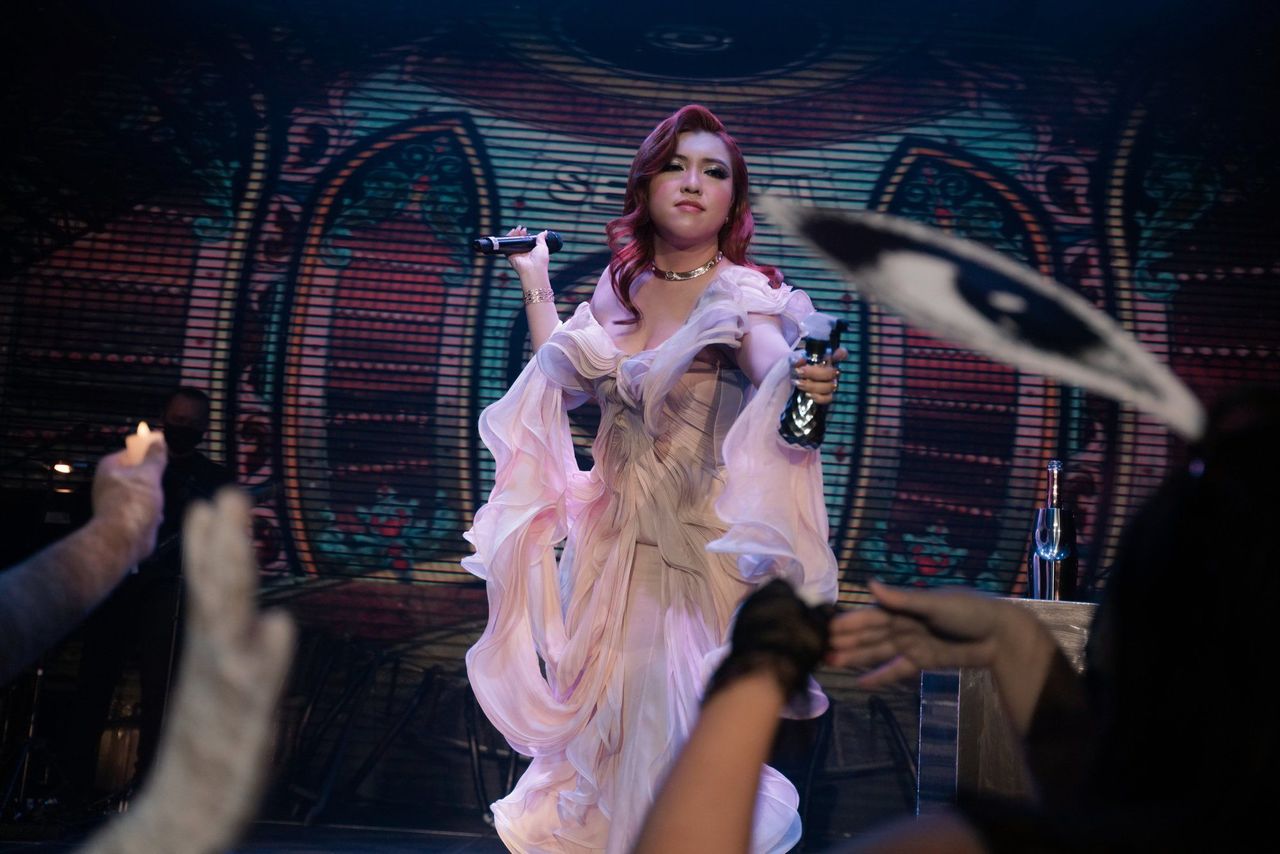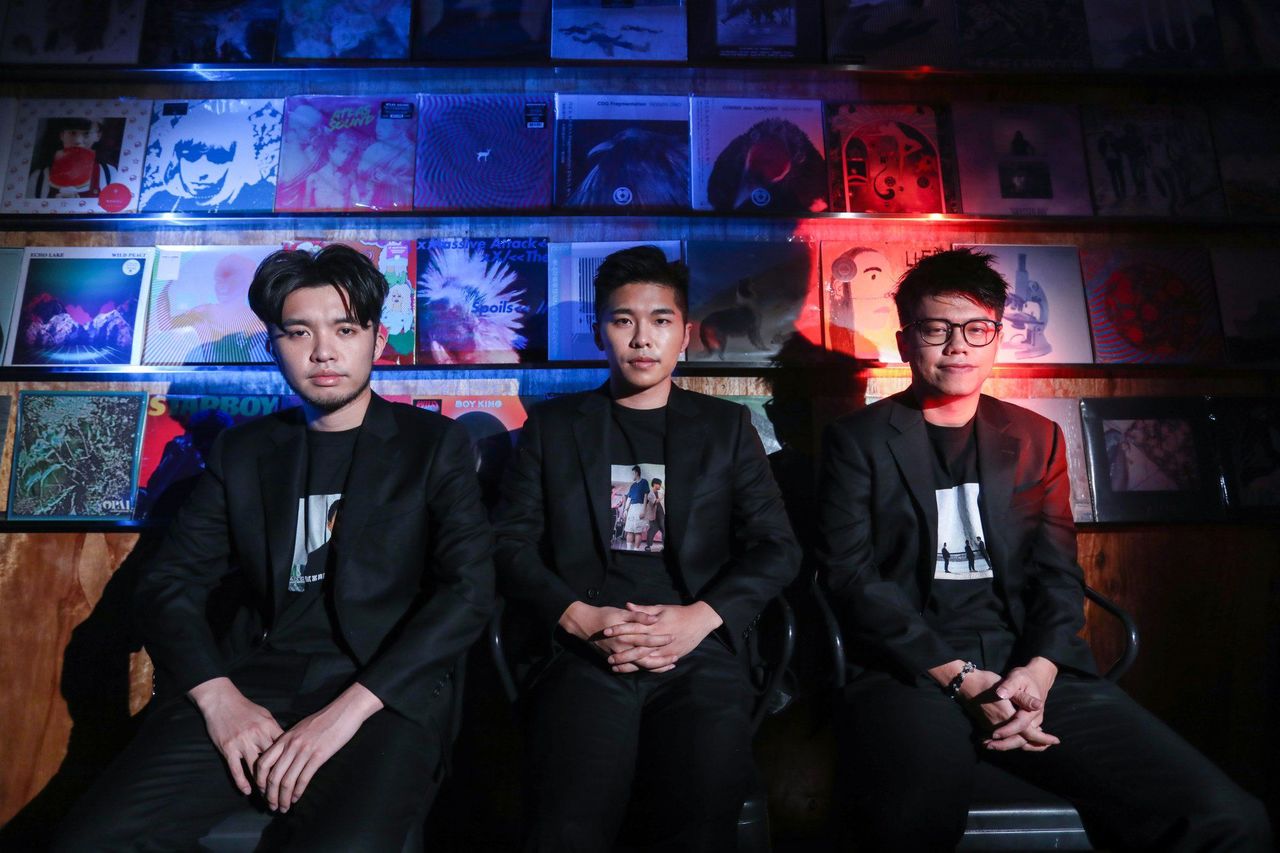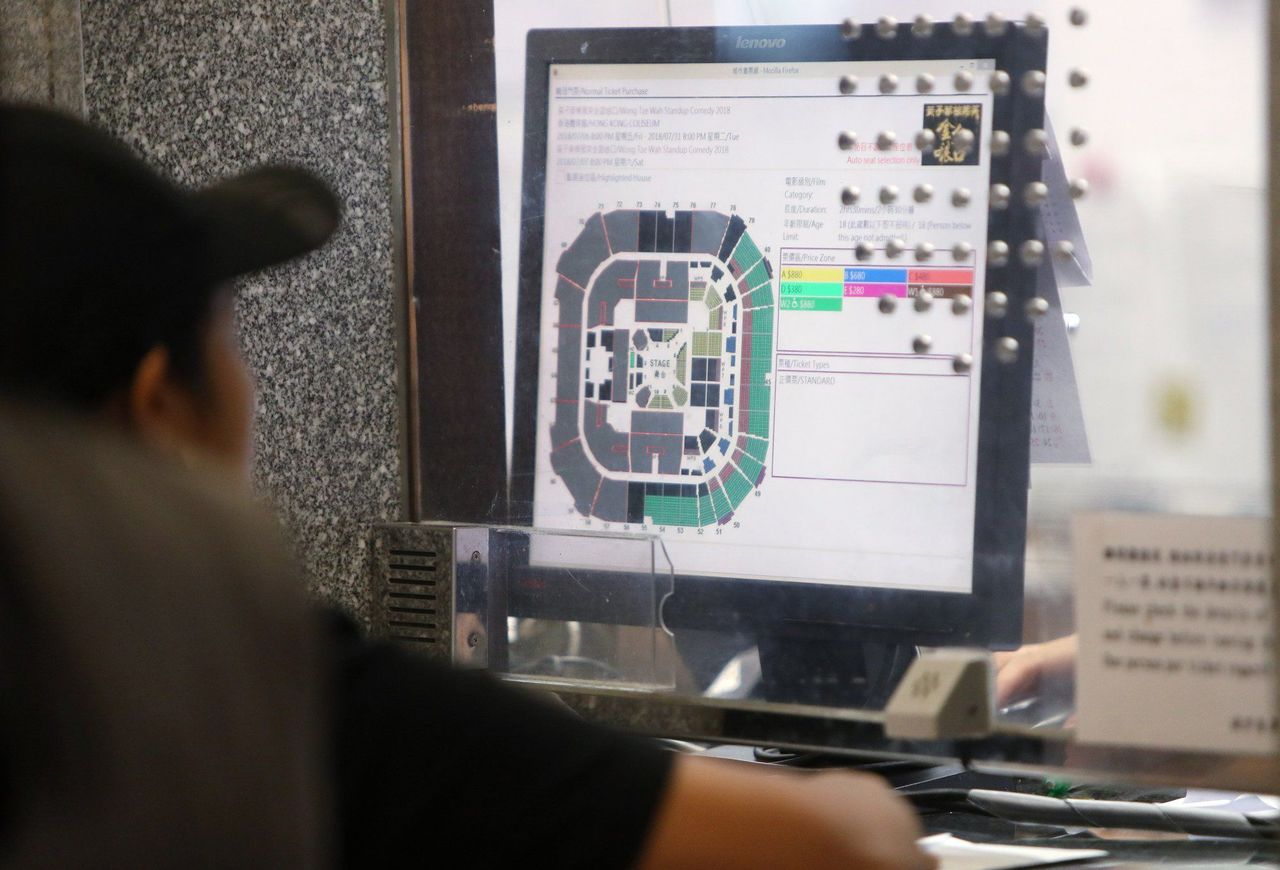Hong Kong News

What is the real-name ticketing system and how does it work in Hong Kong?
Hong Kong boy band Mirror and independent singer Tyson Yoshi announced this week they would adopt a real-name registration system for the public sale of tickets to their concerts in July and August.
Mirror said the move was in response to calls from fans to take a stance against scalpers. Yoshi, whose real name is Ben Cheng Tsun-yin, said Hong Kong seemed to have a “bad ‘concert tickets’” culture, with many people buying them to make profits for themselves.
The city’s major ticketing systems – Urbtix and HK Ticketing – have been roped in to set up the real-name registration system.
The Post details what you need to know about the development.
 Singer Tyson Yoshi.
Singer Tyson Yoshi.
1. Is there a need for a real-name registration system?
The city has faced mounting calls in recent years to crack down on the rampant scalping of concert tickets.
In April, tickets for Mirror’s coming concert were quickly snapped up during a prioritised sale by an event sponsor, with one scalper reportedly offering seats at the front at the concert for HK$438,000 (US$55,798).
The situation has been exacerbated by the small proportion of concert tickets – which range from HK$480 to HK$1,280 – available for public sale. According to sources quoted by the Democratic Alliance for the Betterment and Progress of Hong Kong (DAB), that would be only 30 per cent, the minimum requirement at the concert venue, the Hong Kong Coliseum.
The bulk of tickets are reserved for sponsors or organisers, with some also set aside for fan clubs and credit card users ahead of the public sale. Priority tickets offered by sponsors could draw fans to sign up for membership or apply for a new credit card to secure themselves a place at the concerts they want to attend.
Some scalpers also queue for days at box offices or use computer programs to buy tickets automatically from websites within seconds, preventing those who genuinely want to attend the event from getting a ticket.
2. How does the system work?
Buyers have to register their personal details, including their real name, when they purchase their tickets. Concert staff will verify the ticket holder’s identity at the show.
The organiser of Mirror’s concert has not revealed details of the ticket-buying procedure, including whether customers would be required to show their identity cards for verification purposes.
The Leisure and Cultural Services Department has advised ticket holders to arrive early at the concert venue.
 Independent musician Serrini.
Independent musician Serrini.
3. Is the system new in Hong Kong?
Entertainers have in the past adopted variations of the real-name ticketing system to deter scalpers.
In 2017, Canto-pop star Leon Lai Ming asked fans to submit their personal details to buy tickets to his outdoor performance at the harbourfront in Central. Staff verified ticket holders’ identities by checking their ID cards.
In 2018, concertgoers of singer Denise Ho Wan-see’s performance were randomly screened for their personal details and post-purchase email as part of an initiative to prevent touts from reselling tickets.
In the same year, local singer Endy Chow Kwok-yin and Japanese composer Joe Hisaishi also adopted a similar system for their shows.
Others have come up with creative ways. Independent musician Serruria Leung Ka-yan, better known as Serrini, set up an “examination” where fans had to answer questions about her during the purchase process last year. Only those who scored high marks on the “exam” could get a ticket during the priority sale.
Trial and Error, a popular Hong Kong YouTube channel, sold tickets to their show over a period of 24 days using a system inspired by the Dutch auction, whereby the price is set at a high benchmark and lowered until a bid is accepted. Trial and Error set their show tickets at HK$10,000 on the first day until the price dropped to HK$10 on the final day.
 YouTube channel “Trial and Error” came up with a creative way to sell tickets to their show.
YouTube channel “Trial and Error” came up with a creative way to sell tickets to their show.
4. What has the government done to combat scalpers?
Under the Places of Public Entertainment Ordinance, anyone who sells, offers a sale or solicits the purchase of tickets at a price exceeding the face value is liable to a fine of HK$2,000. But the law has remained unchanged since 1950.
Only licensed venues such as private performing places and cinemas listed under the ordinance are regulated, meaning other premises managed by the Leisure and Cultural Services Department, including the Hong Kong Coliseum and Queen Elizabeth Stadium, are not covered.
In 2018, the Home Affairs Bureau proposed a range of measures to combat scalpers, which included requiring buyers to use their real names for transactions and lowering the percentage of tickets allocated to business partners and subscribers.
In 2019, the government lowered the proportion of tickets allotted to sponsors or priority sales from no greater than 80 per cent to 70 per cent for shows held at the Hong Kong Coliseum and Queen Elizabeth Stadium.
The Leisure and Cultural Services Department said this week it had taken the initiative to discuss with the organiser of Mirror’s concert arrangements for ticket sales and admission, adding it welcomed the band’s decision.
It did not reply to the Post inquiry on whether it had also reached out to other performers.
 A fan chooses tickets for a concert via a ticketing system.
A fan chooses tickets for a concert via a ticketing system.
5. What is the performing industry’s response?
Some entertainment stakeholders and lawmakers have expressed reservations about making the real-name ticketing system compulsory, warning of a time-consuming verification process and ticket holders’ privacy concerns.
The Performing Industry Association on Wednesday said requiring a real-name ticketing system for all shows was unsuitable, as the nature and market response of different performances varied.
The association said the move could leave a negative impact on the industry which was already hard hit by the Covid-19 pandemic, adding that only by toughening the penalty could scalpers be deterred.
DAB lawmaker Vincent Cheng Wing-shun suggested allowing organisers the flexibility to decide whether to run the real-name ticketing system. QR codes could be used to speed up the verification process and allow refunds, he added.











